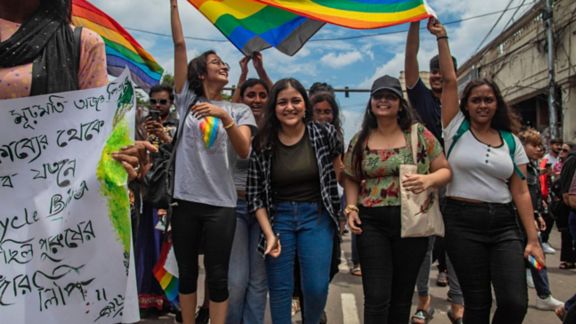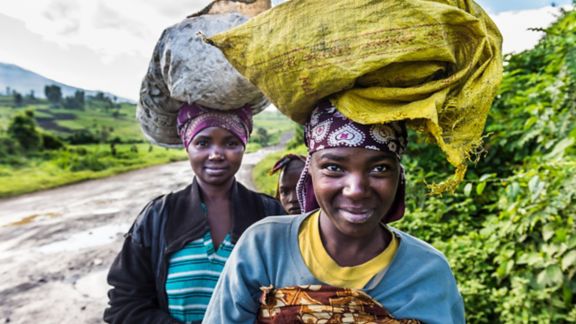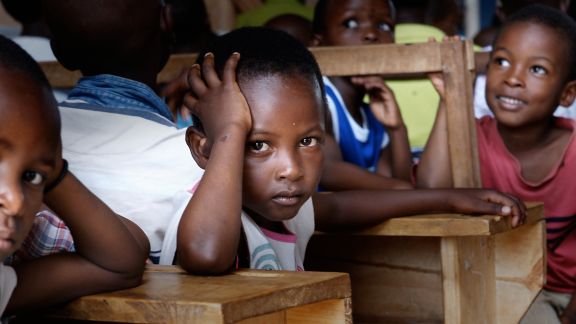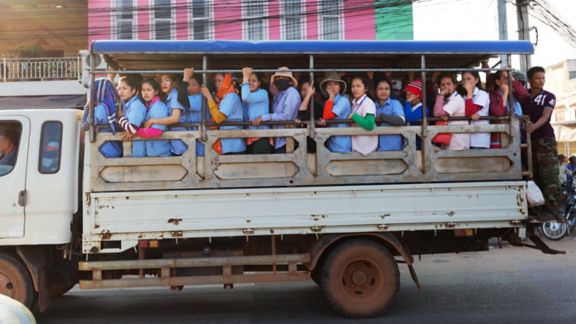Gender-based violence violates a person’s most fundamental human rights, causing enduring harm to their health, safety, and autonomy. Women, men, and children may be exposed to gender-based violence (GBV), but global figures indicate violence is most prevalent among women and girls. One in three women worldwide will be exposed to some form of physical or sexual abuse in her lifetime, and figures suggest that global trends, including COVID-19 and climate change, are exacerbating women’s vulnerability to abuse.
Using the most rigorous research, monitoring, and evaluation methods, NORC provides robust evidence to inform policy and programming on pivotal GBV topics, such as violence and sexual harassment in the informal sector, online exploitation and abuse, and the impact of GBV on political participation. For the GBV Impunity Regional Study in Latin America and the Caribbean, NORC studied structural barriers, enabling environments, and social norms that perpetuate or challenge impunity, developing key operational recommendations to inform USAID investments for GBV prevention, recovery, and justice. To improve the effectiveness of global investments to reduce GBV, NORC is evaluating USAID’s Gender Equality and Women’s Empowerment Hub (GenDev) portfolio of women’s economic empowerment activities, collective action initiatives, and projects creating resilient and inclusive environments as they relate to reducing, preventing, or responding to GBV. NORC’s extensive literature review of Technology-Facilitated Gender-Based Violence provided USAID with actionable evidence on forms of GBV that use information and communication technology (ICT) in Asia, including how COVID-19 affected technology-facilitated GBV in India, Bangladesh, and Thailand.
Gender-Based Violence Experts
-
Ritu Nayyar-Stone
Principal Research Scientist -
Audra K. Grant
Senior Research Scientist -
Cathy Zimmerman
Senior Fellow








